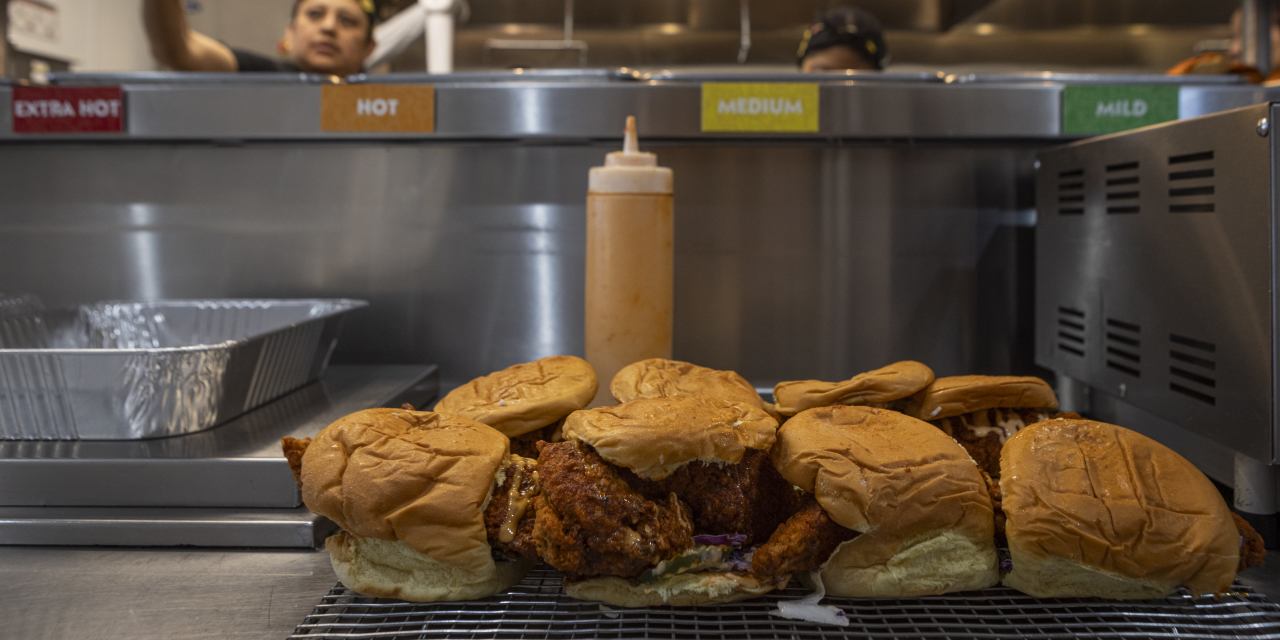Eric McConnell
4 min read
Most people have heard the saying "better late than never," but it has an entirely different meaning when you're 50 years old and have no money saved up for retirement. It's a difficult situation, but it doesn't have to be the end of the world. GOBankingRates recently profiled an investor who got themselves out of this unenviable situation by committing to lifestyle changes, ambition, and astute planning.
Advertisement: High Yield Savings Offers
Powered by Money.com - Yahoo may earn commission from the links above.Admitting you have a problem is the first step to getting out of any difficult situation. Once that's done, the next step is making a plan. That's exactly what Jennifer James did when she realized she was dangerously close to retirement age with inadequate savings. Saving money sounds like it's easy, but it can be challenging when your employment income doesn't leave you with enough discretionary funds to stash any away for a rainy day.
Don't Miss:
-
Hasbro, MGM, and Skechers trust this AI marketing firm — Invest before it's too late.
-
If You're Age 35, 50, or 60: Here’s How Much You Should Have Saved Vs. Invested By Now
That's why James' first step was improving on their $45,000 per year salary. "I knew I had to increase my income, but without a college degree, I felt stuck. I was living paycheck to paycheck just trying to get by," James told GOBankingRates. She followed the advice of several confidants by returning to school to earn her bachelor's degree. It was a struggle, but the payoff was worth it.
Getting her bachelor's degree allowed James to secure a job as an office manager and boosted her annual salary to $65,000. "Finally finishing my degree opened up new opportunities that changed everything," she said. "It was a struggle, but well worth the effort." By that point, James was 53, but she had the discipline to begin putting her extra income to work for her.
James told GOBankingRates that she began saving 20% of her take-home pay, a move that allowed her to stockpile investment capital and build an emergency fund. "I set up automatic transfers from my checking account to savings so I paid myself first," James said. She admitted living on such a tight budget was a challenge, but the reward made all the sacrifices worthwhile.
Trending: Maximize saving for your retirement and cut down on taxes: Schedule your free call with a financial advisor to start your financial journey – no cost, no obligation.
According to GOBankingRates, James' next step was to make up for lost time by maximizing her 401(k) contribution, which was 15% of her pre-tax income. James was also eligible to make catch-up contributions to the 401(k) plan because she was over 50, and she exercised that option. Her employer also matched 50% of her contributions, which helped James grow her nest egg even more quickly.













